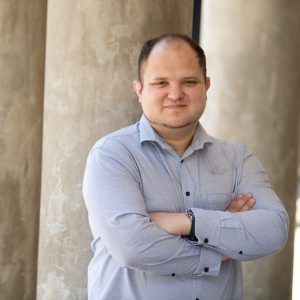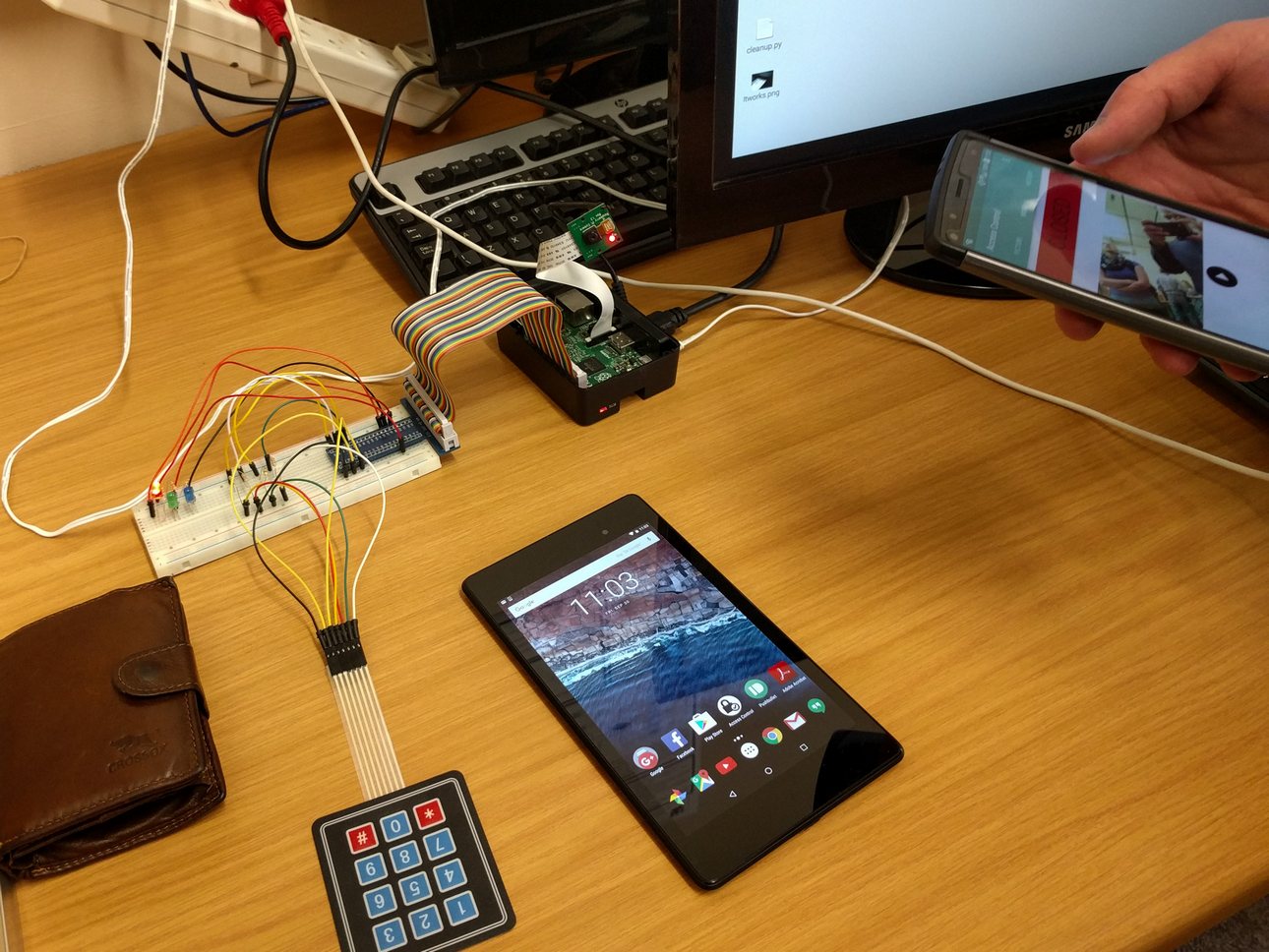On Friday, 30 September, Synthesis visited the school for Computer Science and Information Systems of the Potchefstroom Campus of the North West University (NWU PUK) to assess the projects of the honours graduates. There were quite a variety of topics and projects on display from green IT projects to Internet of Things (IoT) home automation, predicting Information Security risk based on personality, using Eye Tracking technology to improve a student’s cognitive levels, OCR noise level classification, Natural Language Processing, Augmented Reality, Virtual Reality, Improving Online Education, Detecting Plagiarism in Programming and Accessibility for disabled people among many others.
Some of the projects the Synthesis team enjoyed include the IOT home automation project which used a Raspberry pi with a camera and pin pad which controlled access to a door. Once the door was opened, the raspberry pi could send an alert out to a Android Phone with a picture of the person and could also enable the user to view a live video stream on their phone from the camera on the Raspberry pi. We especially liked this project since the Internet of Things is dear to us as our real time location based marketing venture, ProximityID, is currently creating access control solutions utilizing the internet of things.
We also liked the detecting plagiarism in programming project which broke code into blocks into abstract syntax and compiled a tree which was then analyzed using a combination of different searching algorithms with hashing to do comparisons to detect possible plagiarism.
Another project that caught our eye was table accessibility for blind people. Often the design of websites and information systems are not friendly for the visually impaired. This project aimed to determine how people read tables using eye tracking technology, this research was then used to create a program which could read out tables to a blind person. Last but not least we were interested in the Raspberry Pi Robots project in which tested the hypothesis that robots working collaboratively in a swarm to solve a task would be much faster than a single robot working by itself to achieve the same task.
We would like to congratulate Neil Beukes (IOT Home Automation), Michelle Zaayman (Raspberry Pi Robots), Marinda Booysen (Table accessibility for the blind) and Ruan Engelbrecht (Programming Anti-Plagiarism) on their honours projects.



[gallery_bank type=”images” format=”masonry” title=”false” desc=”false” responsive=”true” display=”all” sort_by=”random” special_effect=”” animation_effect=”” album_title=”false” album_id=”2″]






